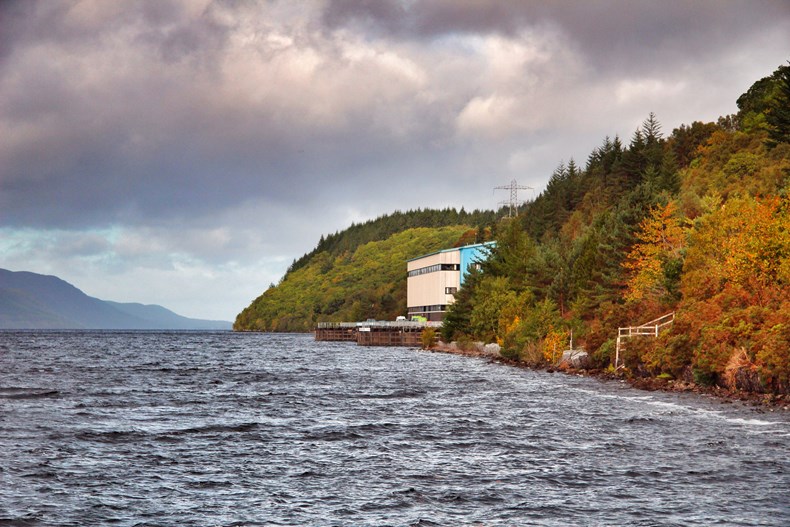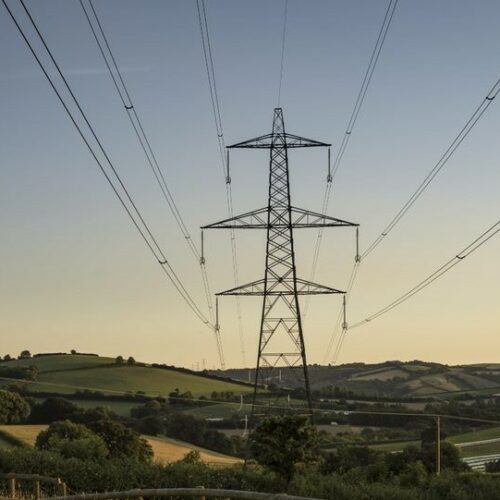Following an investigation by energy regulator Ofgem, SSE Generation has been issued to pay £9.78 million due to a breach of its Generation Licence.
The fine is a result of the energy generator securing excessive payments from National Grid ESO during ‘transmission constraint’ – when the electricity transmission system is unable to transmit power to the location of demand due to congestion.
By settling the investigation early, SSE has qualified for a discount compared to the £11.58 million it would otherwise have been required to pay.
In October 2021, Ofgem opened its investigation into SSE’s compliance with the Transmission Constraint Licence Condition (TCLC) in relation to the 300W Foyers pumped storage power station situated next to Loch Mhor in the Scotland highlands.
The investigation found that, in May 2020, SSE “took the decision to make the bid prices it charged National Grid ESO to reduce Foyers’ output significantly more expensive – including in periods of transmission constraint”.
According to Ofgem, this was to bring Foyers in line with what it believed was the market practice of other pumped storage operators to increase profit. Following the change, SSE’s prices were then set with reference to the prices of selected other generators frequently bid down due to a constraint, rather than the costs and benefits of being bid down.
Ofgem said “its revised prices were expensive relative to several relevant comparators and were not compliant with the TCLC”.
The result saw increase costs for consumers due to higher balancing charges.
“Protecting consumers is a priority for Ofgem, and we will continue to monitor the wholesale energy markets in Great Britain and ensure their integrity on behalf of energy users,” said Cathryn Scott, director of enforcement and emerging issues at Ofgem.
“This enforcement action sends another strong signal to all generators that they must put in place controls to ensure that their bid prices are set in a way that ensures that they do not obtain excessive benefits during transmission constraint periods. If they fail to do so, they will face significant consequences.”
SSE recently announced plans to convert what it claims is Britain’s “largest conventional hydro power plant” for pumped hydro storage, as reported by Current±.
The energy supplier stated it would convert its conventional 152.5MW Sloy hydroelectric power station, situated on the shores of Loch Lomond in Argyll and Bute in central Scotland, to pumped hydro energy storage (PHES).
Subject to the final design of the project, SSE stated that the Sloy scheme would be capable of delivering up to 25GWh of long-duration electricity storage capacity. This means that flexible renewable energy could be provided for up to 160 non-stop hours.





